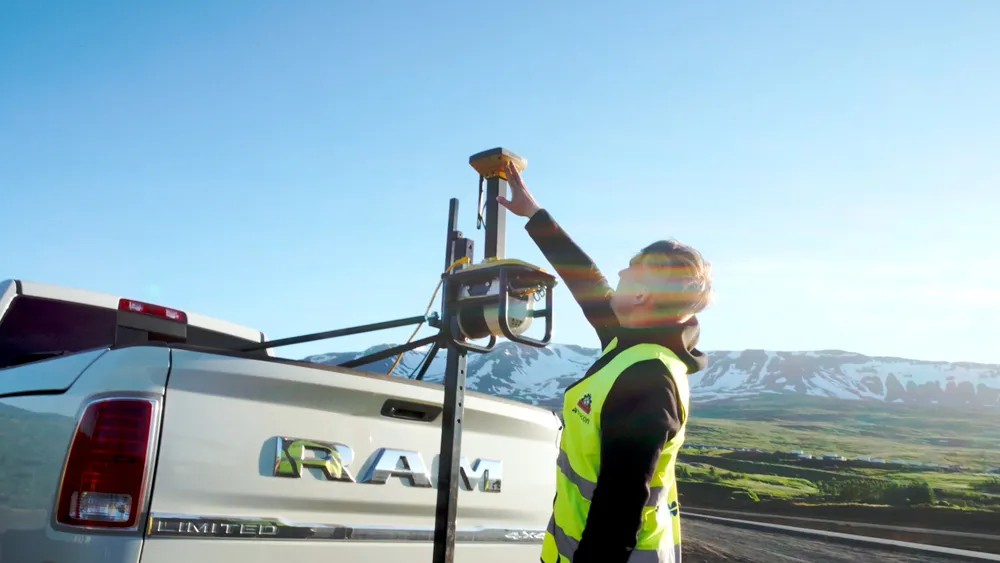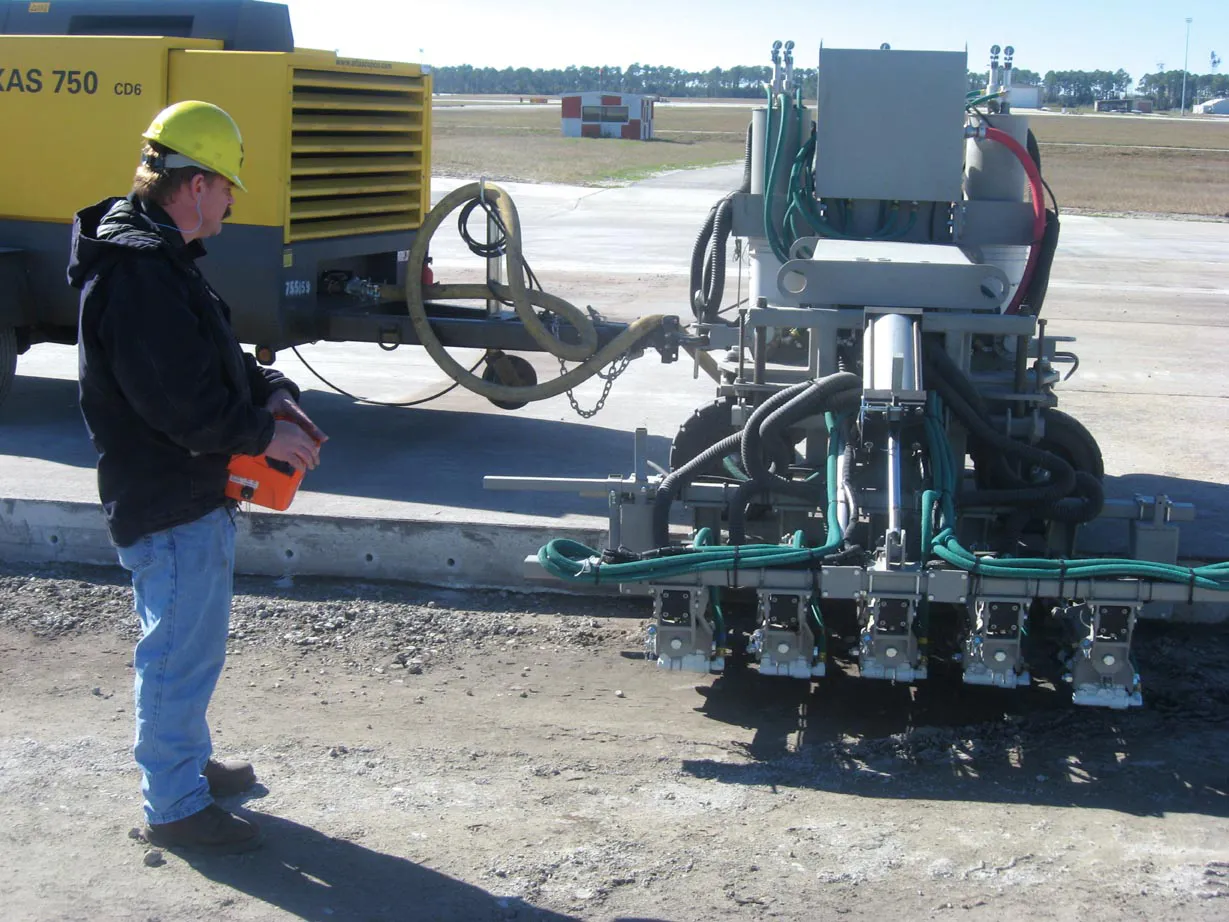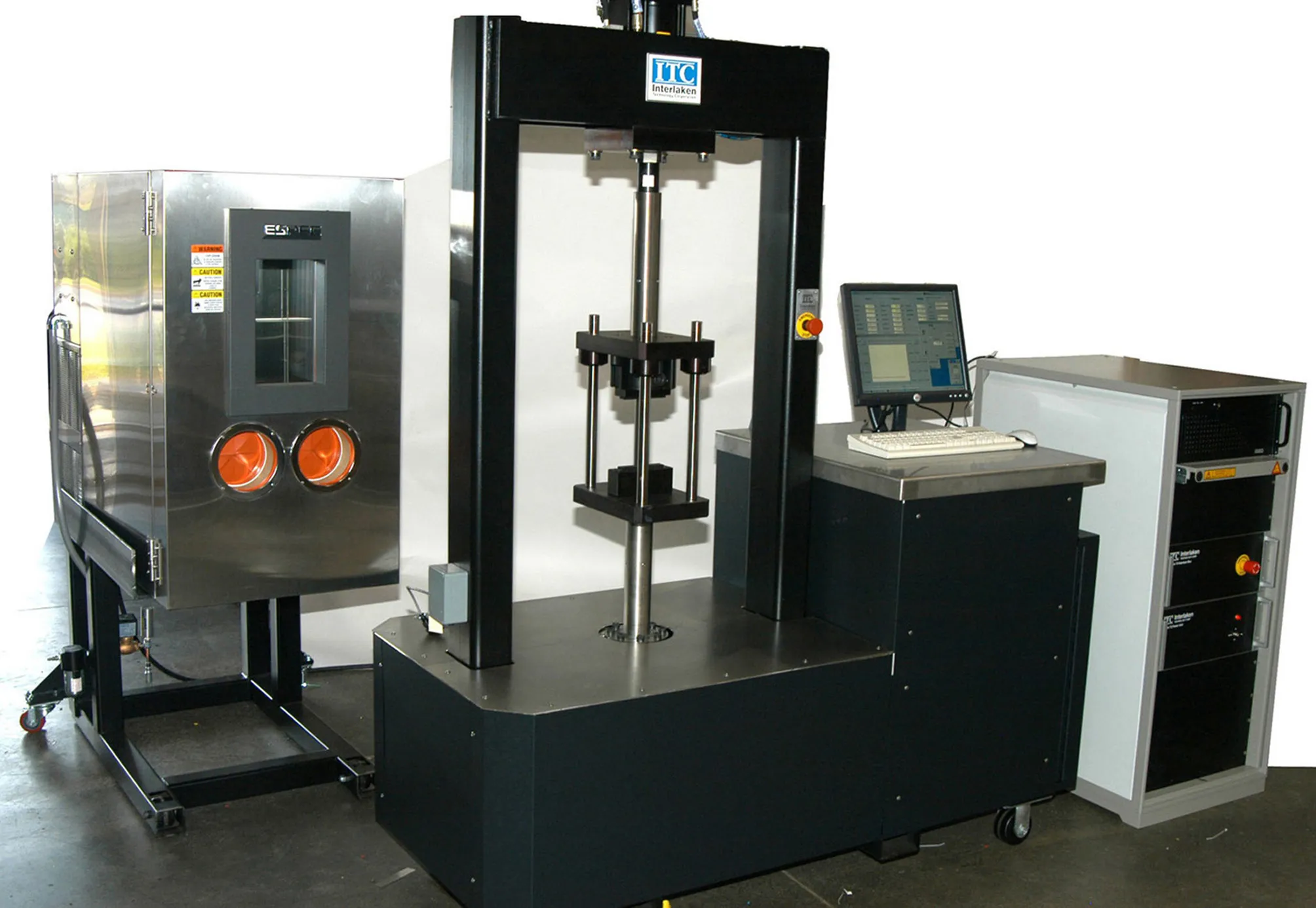
The owners needed the job completing efficiently and with minimal disruption and turned to local contractor Malbikun Norðurlands. To ensure a quality finish, the firm opted to use equipment from Topcon Positioning Group, in particular the advanced SmoothRide machine control system, to ensure that the track would be smooth and level. The contractor knew that it needed to use accurate equipment and approached Verkfæri, the Icelandic Topcon dealer. By using SmoothRide for the job, the firm was able to achieve the high accuracy required.
The SmoothRide system covers the tasks from scanning and design to laying the asphalt. According to Oliver Gustáfsson at Verkfæri, the Topcon dealer for Iceland, this allowed the operation to run seamlessly and without any problems. He said, “The solution is not only accurate, but also estimates volumes, which make a difference when ordering the asphalt and managing the project.”
Luca Nocentini, Senior 3D Paving Application Specialist at Topcon said: “SmoothRide was the perfect fit for The Akureyri Car Club drag strip."
According to Topcon, using the advanced machine control technology made it possible to obtain an accurate design of the straight-line track to define what needed to be fixed.
The scanning was completed by instruments attached to the back of a truck and the data was then used to develop the design that the milling machines could work from, only removing the material needed to avoid unnecessary work. Then the paving machinery was able to pave new asphalt over the top to the correct thickness required to deliver a smooth finish. This system minimised wastage, as well as being more cost-effective and also quick.
The technology ensures thickness control, while also accounting for differential compaction dictated by the surface, which reduces the number of lifts required. This cuts costs, improves material management and keeps the project on schedule.
In order to provide tight vertical control and precise guidance, the RD-MC system is built on a tried and tested solution, Topcon’s sonic tracker. The technology package helps to provide the most versatile solution, by also including a GNSS receiver to position the equipment and resurface variable amounts of asphalt according to the design. The reliable data it collects is also fundamental for the client to obtain precise offers from contractors, further saving time, lowering costs, and increasing safety.
Racetrack maintenance is traditionally a time-consuming and costly process, with tracks needing to be closed for the work to take place, interfering with race fixtures and events. By using technology such as SmoothRide, the racetrack could be resurfaced in the most cost-effective and efficient way possible.









